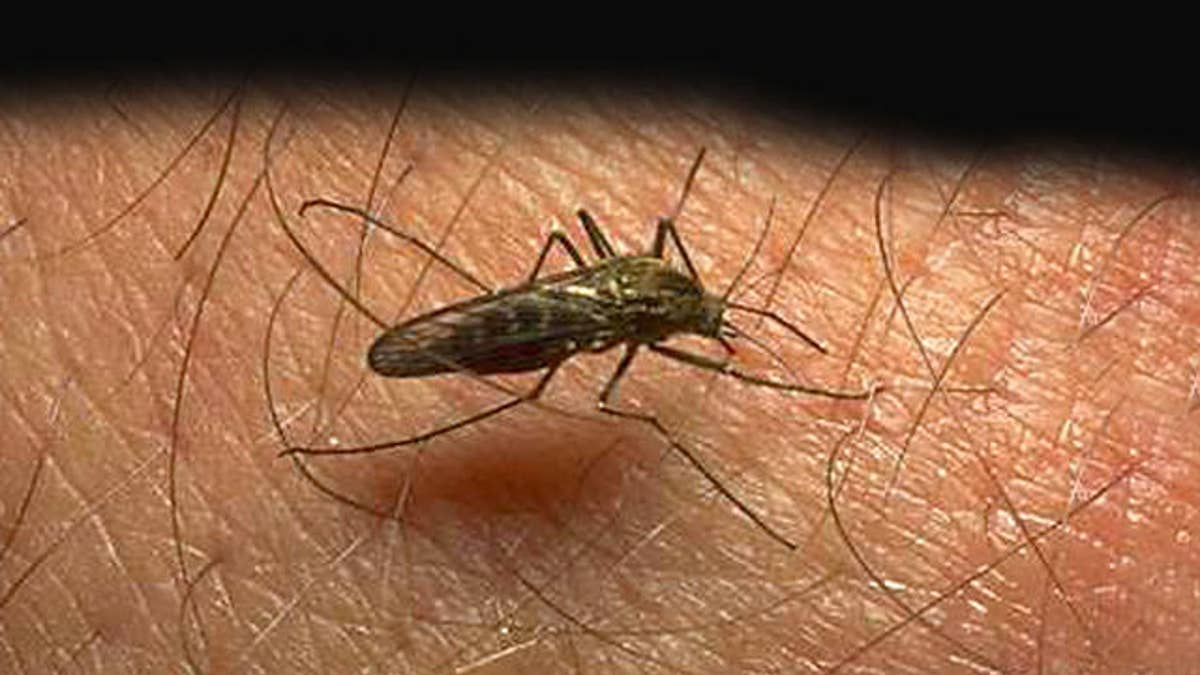
(AP)
Swaziland could eliminate malaria by the end of 2016 or in early 2017, likely making it the first mainland country in sub-Saharan Africa to get rid of the deadly disease, according to an international health expert.
Namibia, Botswana and South Africa are also making "excellent progress" toward eliminating malaria, said Richard Feachem, director of the Global Health Group at the University of California in San Francisco.
Feachem, whose group has worked to curb malaria, told The Associated Press by telephone from Swaziland on Tuesday that the small mountain kingdom would have to have zero cases for three years and undergo a U.N. World Health Organization audit to certify the disease has been eliminated within its borders.
The Indian Ocean nations of Mauritius and the Seychelles are malaria-free, he said.
There were about 528,000 deaths among about 163 million cases of malaria in 2013 in Africa, the world's hardest-hit region, according to the World Health Organization. While malaria death rates declined by 54 percent in Africa between 2000 and 2013, countries were unlikely to meet reduction targets in cases and deaths in 2015, it said.
On its website, the Swazi health ministry says one of its milestones has been the diagnosis of all malaria cases in the country.
Swaziland reduced malaria cases from 9,700 in 1995 to 243 cases in 2013, according to the Global Health Group, citing Swazi government data. The anti-malaria program has included indoor spraying with insecticide, the distribution of bed nets treated with insecticide and the quick diagnosis and treatment of patients.
Even after eliminating malaria, Swaziland could still face a resurgence through "imported cases" of infected people traveling from neighboring Mozambique, Feachem said.
"When you've got rid of it, you've got to keep your malaria control program active and be very vigilant," he said.
